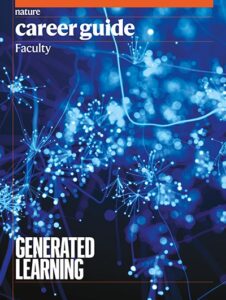Embracing AI in academia: Guiding the future of learning
In the early days of generative AI, Ethan Mollick from the Wharton School encouraged his students to use it freely, especially with ChatGPT-3.5. However, with the introduction of ChatGPT-4, which generates more human-like responses, he noticed a drop in student performance and reconsidered his teaching methods.
Educators now face a choice: either view AI as a threat and stick to traditional methods or embrace it as a transformative tool. Some are using AI to enhance learning, such as through Language Buddy, which helps students practice languages in a stress-free environment. Others developed myProse to aid students in writing by focusing on ideas rather than structure.
Despite some resistance, educators are finding ways to integrate AI without compromising problem-solving skills, while Vishal Rana from the University of Doha promotes experiential learning with AI to prepare students for an AI-driven workforce.
For more info on the approach of integrating AI into education and the pivotal role universities play in shaping the future of learning, view the full article here.
If your organization would like to be featured in an upcoming Nature Career Guide, talk to our team today.
About Nature Career Guide
Nature Career Guide are special feature published in the Nature journal and on nature.com, reaching over 50,000 journal subscribers and over 4.8 million online users per month.
Each guide delivers career advice for scientists working in a particular research or geographical area, or career stage.
Interested in appearing in our 2024 career guides,
View the full calendar here >>


